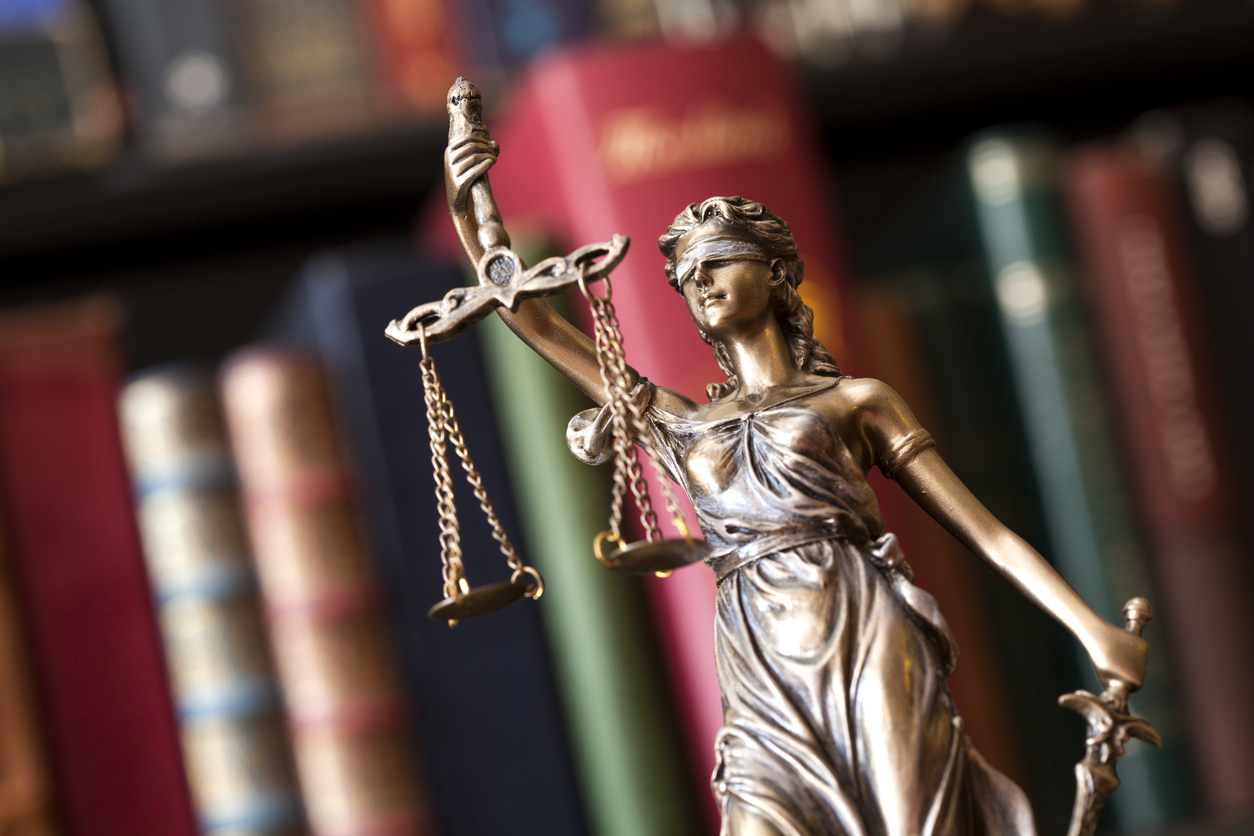The organisation that represents barristers in England and Wales, The Bar Council, has called for an urgent overhaul of legal aid that it believes has “failed” by making the legal system even more unfair and inefficient – despite being intended to allow more people access to support in court.
In responding to calls from the Ministry of Justice for evidence ahead of its review of 2012’s Legal Aid, Sentencing and Punishment of Offenders Act (LASPO), the council surveyed and interviewed barristers for research, and uncovered statistics which it says has left it with “grave concerns”.
Among these were:
- More than 91 per cent of respondents reported the number of individuals struggling to get access to legal advice and representation had increased or risen significantly
- 91 per cent of respondents reported a significant increase in the number of litigants attempting to represent themselves in court in family cases; and 77 per cent of respondents reported a significant increase in the number of litigants doing the same in civil cases
- 77 per cent saw a significant delay in family court cases because of the increase in litigants in person
- Almost 25 per cent of respondents have stopped doing legal aid work
- 48 per cent of barristers surveyed do less legal aid work than before
Bar Council chair Andrew Walker QC said: “LASPO has not just failed: it has caused untold damage to our justice system and to access to justice.
“The ministry and the government cannot and must not hide from this. The review itself cannot and must not gloss over what barristers and other legal professionals, the judiciary and the public are seeing happening in our courts. The fact there are significant delays in the family and civil courts is a red flag. For those at the frontline, the results are clear: the true costs of LASPO, and the harm it has caused, are far greater than the government has admitted. We need a significant change of direction to rectify five years of failure.”
The Bar Council has called for steps to be take urgently to rectify the issues, such as reversing the “innocence tax” on those acquitted of criminal offences who are unable fully to pay for a privately funded defence.









